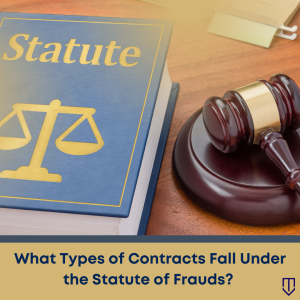 In most breach of contract actions, the court must find that a valid contract has been created. There are several requirements that need to be fulfilled in order to have an enforceable contract. In certain circumstances, evidence of the existence of a contract in writing is required for the contract to be valid.
In most breach of contract actions, the court must find that a valid contract has been created. There are several requirements that need to be fulfilled in order to have an enforceable contract. In certain circumstances, evidence of the existence of a contract in writing is required for the contract to be valid.
In general, contracts are not required to be in writing; oral contracts are enforceable. However, under the Code of Civil Procedure section 1624, certain contracts are required to be in writing. Code of Civil Procedure section 1624 is also known as the Statute of Frauds, and it renders certain contracts invalid if there is no writing to evidence the terms of the contract.
Code of Civil Procedure section 1624 sets forth a list of different categories of contracts that, per the Statute of Frauds, are required to be in writing. Specifically, there are seven types of contracts defined by section 1624 that a party to a breach of contract lawsuit should be aware of. At Underwood Law Firm, our attorneys are more than familiar with the Statute of Frauds and the writing requirements for a contract.
 California Partition Law Blog
California Partition Law Blog


 In California, business enterprises can take many forms (LLCs, corporations, partnerships, etc.). But perhaps the most unique is the “joint venture,” a special entity that, more often than not, is
In California, business enterprises can take many forms (LLCs, corporations, partnerships, etc.). But perhaps the most unique is the “joint venture,” a special entity that, more often than not, is 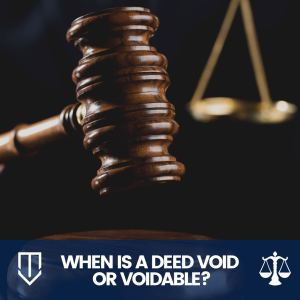 The deed to a property is the most important document a property owner has. It describes the title and its associated rights while operating as the conveyance of property itself. For that reason, the law presumes the validity of deeds without defects on their face. But that does not mean that every deed is legally valid and not subject to cancellation.
The deed to a property is the most important document a property owner has. It describes the title and its associated rights while operating as the conveyance of property itself. For that reason, the law presumes the validity of deeds without defects on their face. But that does not mean that every deed is legally valid and not subject to cancellation.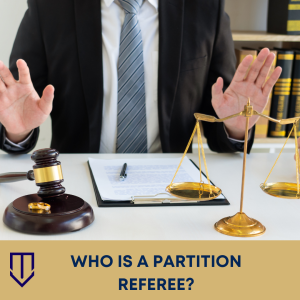 In most partition actions, the court appoints a partition referee in order to see that the property is sold or properly divided. The job of a Partition referee requires one to carry out several responsibilities and obligations. The purpose of this article is to provide some information on a partition referee’s duties and authority under the partition statutes.
In most partition actions, the court appoints a partition referee in order to see that the property is sold or properly divided. The job of a Partition referee requires one to carry out several responsibilities and obligations. The purpose of this article is to provide some information on a partition referee’s duties and authority under the partition statutes. 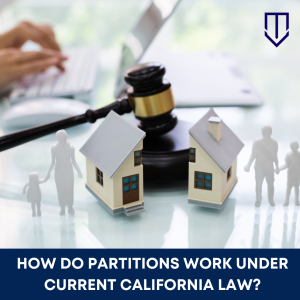 The Partition of Real Property Act (PRPA) is an exciting new development in
The Partition of Real Property Act (PRPA) is an exciting new development in 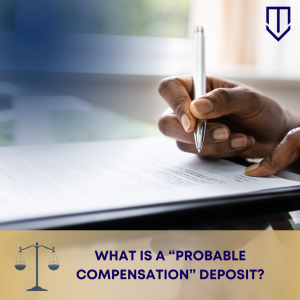 Eminent Domain proceedings will almost always end with the government taking title to private property after it pays out “just compensation” to a homeowner.
Eminent Domain proceedings will almost always end with the government taking title to private property after it pays out “just compensation” to a homeowner.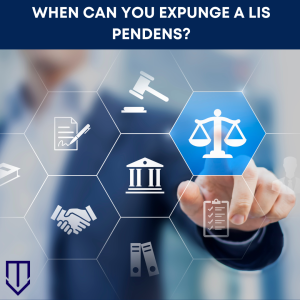
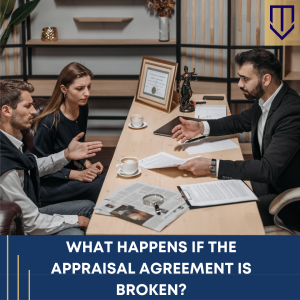 Partitions by appraisal are a unique way to resolve a
Partitions by appraisal are a unique way to resolve a  Sir William Blackstone is a titan in the field of legal jurisprudence. His 1765 work, Commentaries on the Laws of England, is his most famous legal treatise, forming the backbone of common law analysis as modern lawyers understand it today. Without his efforts centuries ago, our conceptions of property, individual rights, and governmental authority would not be the same. His works remain cited even now in judicial decisions at all levels, including the Supreme Court of the United States.
Sir William Blackstone is a titan in the field of legal jurisprudence. His 1765 work, Commentaries on the Laws of England, is his most famous legal treatise, forming the backbone of common law analysis as modern lawyers understand it today. Without his efforts centuries ago, our conceptions of property, individual rights, and governmental authority would not be the same. His works remain cited even now in judicial decisions at all levels, including the Supreme Court of the United States. A “quiet title” action is a lawsuit where a property owner seeks to eliminate, establish, resolve, and “quiet” any other claims on the same property by anyone else. Once complete, the lawsuit will result in a perfect title enforceable in the courts. A quiet title action is thus an effective tool to establish and settle ownership over real estate.
A “quiet title” action is a lawsuit where a property owner seeks to eliminate, establish, resolve, and “quiet” any other claims on the same property by anyone else. Once complete, the lawsuit will result in a perfect title enforceable in the courts. A quiet title action is thus an effective tool to establish and settle ownership over real estate.